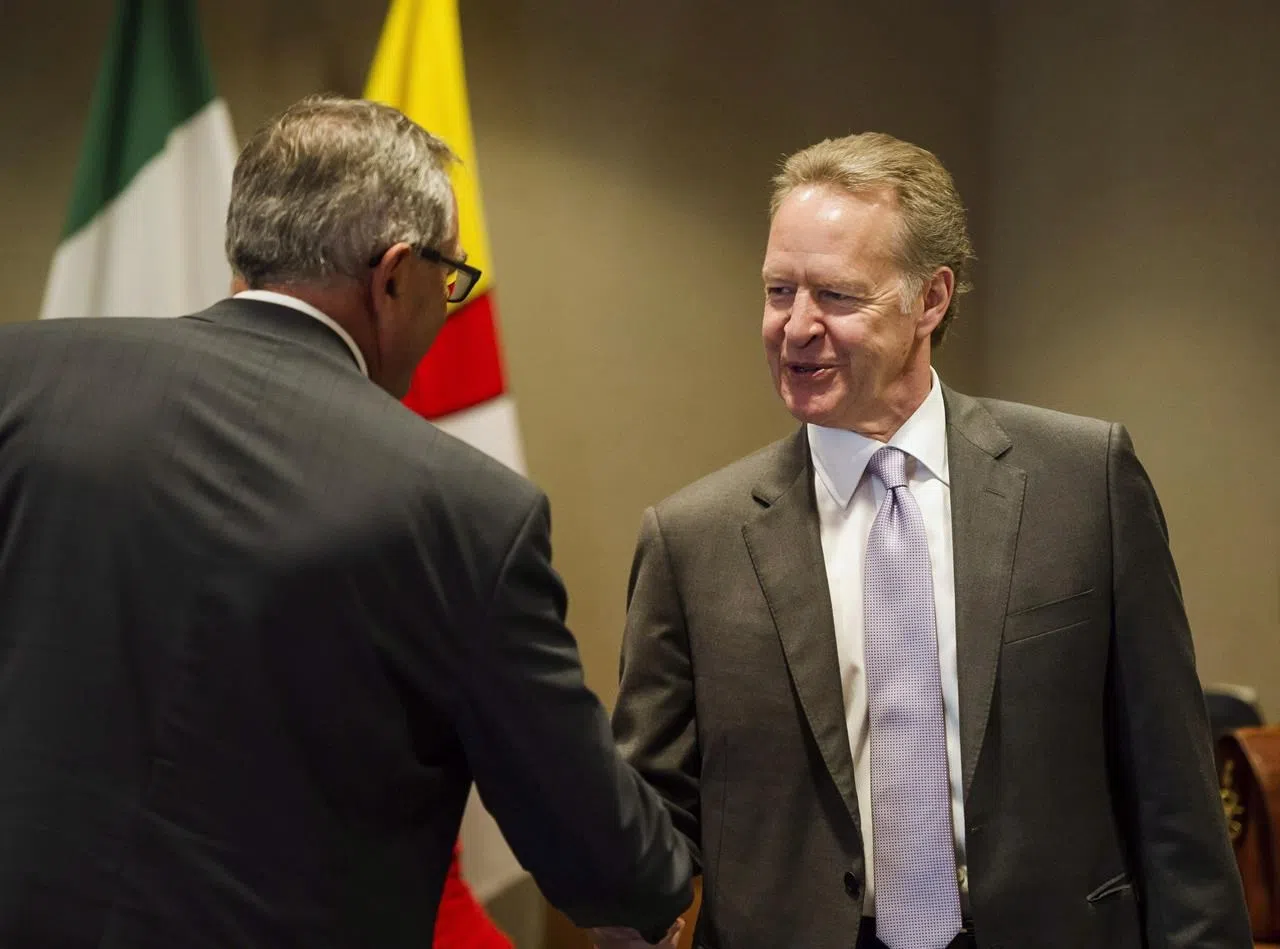
U.S. has ‘very ambitious’ NAFTA plans: John Melle
OTTAWA — The chief U.S. negotiator rejected Monday suggestions that the Americans are deliberately dragging their feet in talks to rewrite the North American Free Trade Agreement — and he got backup from Canada’s lead minister on the file, Chrystia Freeland.
John Melle said he sees no issue with the pace of the talks, in their third round this week in Ottawa, even though the U.S. has yet to table detailed proposals on any of the most contentious issues.
“We’ve been working very hard,” he said. “I don’t see a problem.”
The failure by the United States to lay all its cards on the table has prompted many trade experts and stakeholders to predict there is no way the three countries can strike a deal by the end of the year, as the Americans want. Some have gone so far as to say the slow-motion reveal of key American demands suggests the U.S. is not serious about wanting a deal.


